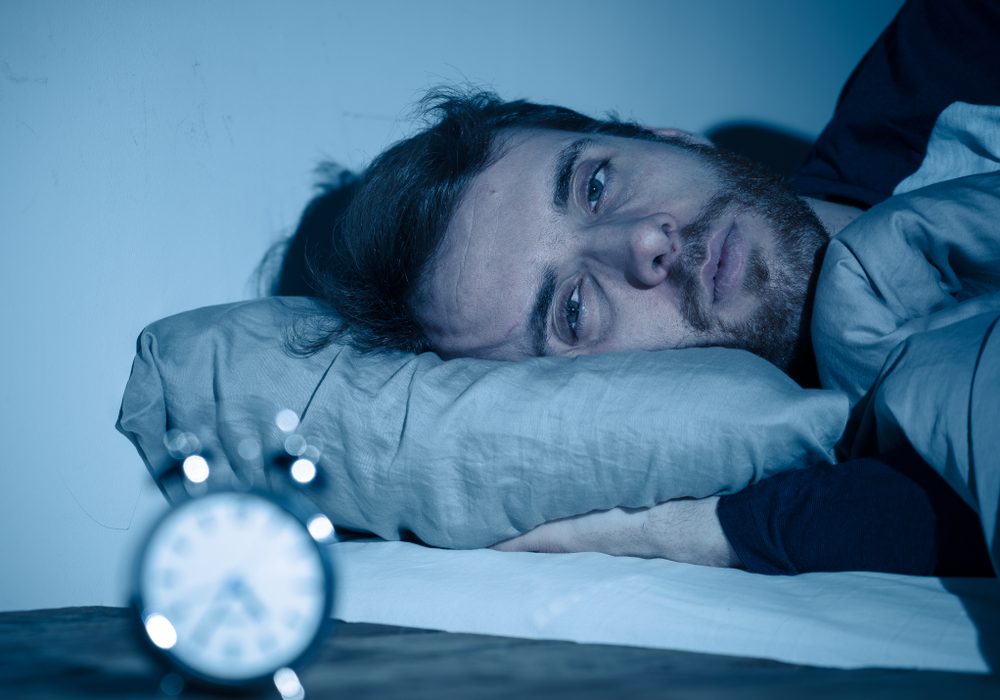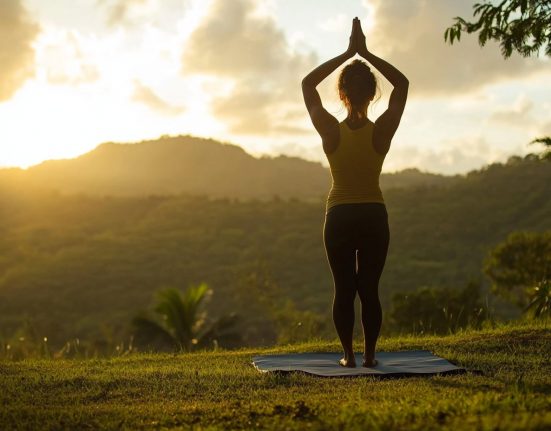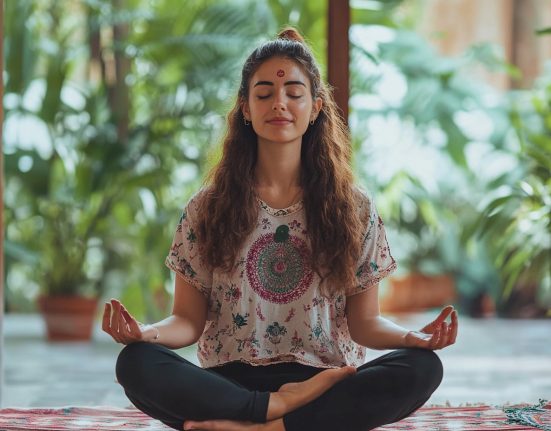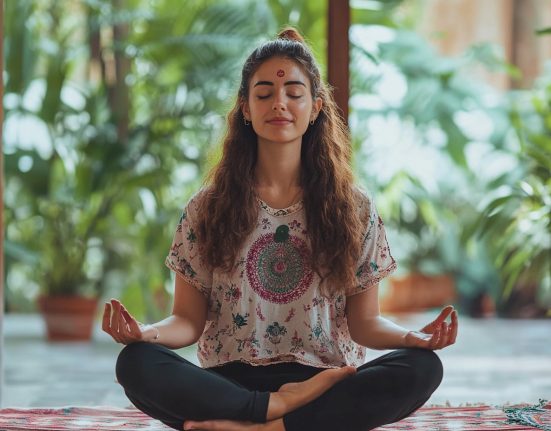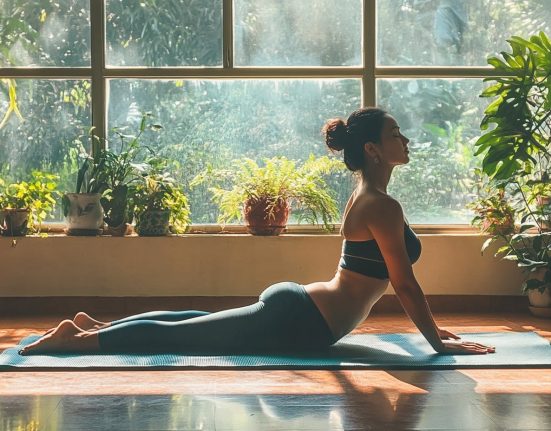Anxiety can wreak havoc on your ability to sleep. These tips will help you beat the worry and sleep tight.
We’ve all been there — staring at the ceiling, reliving every misstep and embarrassing moment of our entire lives. Having trouble sleeping is particularly common among those who have anxiety disorders. Our autonomic nervous system releases the primary stress hormone cortisol to mediate our response when we’re anxious. Research suggests that cortisol may be keeping us up at night.
Anxiety and insomnia can form a vicious cycle of sleepless nights. Anxiety can keep you up, and insufficient sleep can amplify anxiety symptoms. Some days it’s a catch-22 that you can’t seem to shake. Use these five tips to manage your anxiety and get some sleep.
1. Ritualize your nighttime routine
Not only does a routine help you relax enough to fall asleep, but it also helps combat stress and reduces symptoms of anxiety. Your nighttime routine will help keep you focused on relaxation and sleep. Everyone’s routine is going to look different. Maybe yours includes light yoga or an hour of journaling to reflect on your day. Whatever it is, it’s important to stick to your nightly routine when you find it — do it at the same time and in the same order each night. Completing tasks in your nightly routine will signal to your brain that it’s time to start winding down for sleep.
Another mini tip within this tip: Don’t lay in bed awake. If you climb into bed and find that you’re not falling asleep, don’t stay in bed. Instead, get up and do something relaxing, like read a book or take a bubble bath. The last thing you want to do is associate your bed with scrolling through social media or watching TV.
2. Limit alcohol and caffeine intake before bed
I know this one can be a bit of a bummer, but what you eat and drink can affect your anxiety and how you sleep. Caffeine relates to anxiety and sleep in two ways. First, too much caffeine can exacerbate feelings of anxiety. The second is the obvious one; caffeine keeps you awake. As a rule, you should avoid drinking caffeine for six hours before you go to bed.
Alcohol can also affect your anxiety symptoms and sleep by throwing off your circadian rhythm. Even if you find it easier to fall asleep after a few cocktails, many people wake up a few hours later when their body metabolizes the alcohol. Avoid drinking alcohol at least four hours before you go to sleep.
3. Try a meditation app
Meditation apps are a quick and easy way to help yourself relax and fall asleep. Research shows that meditation can reduce stress and anxiety levels. It also reduces your blood pressure and heart rate. With the best meditation apps, you choose from guided meditations, deep breathing exercises or calming stories. There are a ton of options out there. Top meditation apps even have guided segments from celebrities like Harry Styles or Idris Elba.
4. Sleep with a weighted blanket
Weighted blankets have been found to be an effective way to help calm anxiety and help you fall asleep, thanks to what’s called deep-pressure stimulation. A 2020 study found that people who use a weighted blanket have lower rates of insomnia and anxiety. Using a weighted blanket isn’t the only thing you should do, but it is an easy way to integrate comfort into your nightly routine. You can choose from the hundreds of options on the market or even make your own weighted blanket.
5. Don’t ignore your anxiety
All the tips in the world won’t help you sleep easier with anxiety if you don’t acknowledge you’re feeling anxious. Whatever you’re feeling — stressed, scared or worried — accept it so you can address it.
It’s a good idea to try to incorporate stress-relieving activities into your daily routine to help keep things from building up at night. Try a daily walk or other exercises to reduce anxiety. There’s no set time frame for when you’ll start falling asleep faster — it likely won’t be instantaneous. However, if you find that your anxiety is continually getting the best of your sleep, it may be time to talk to someone.



